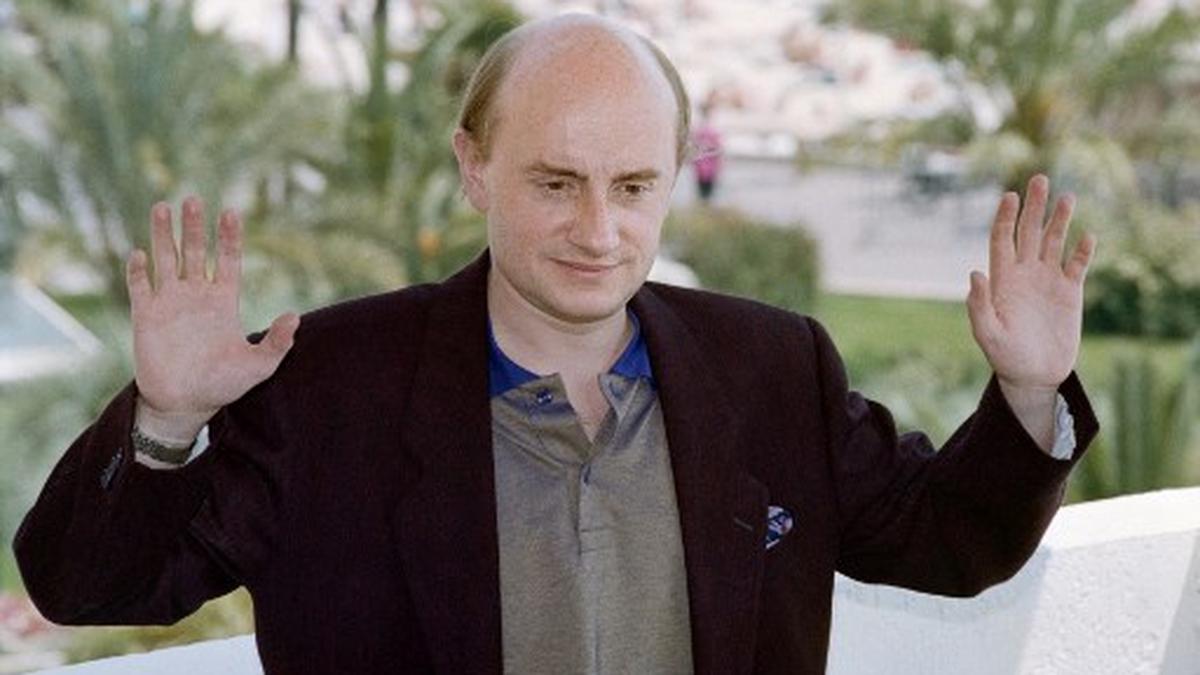
In a heartfelt moment of national mourning, France on Friday, October 4, 2024, bid a poignant farewell to Michel Blanc, an actor who endeared himself to both the film industry and audiences alike, transcending the boundaries of comedy to touch the very essence of human emotion. At the age of 72, Blanc’s passing was confirmed by his family, delivering a wave of grief across the nation as it remembers a man who had the unique ability to make people laugh through their tears and tear-bathed laughter.
President Emmanuel Macron reflected the sentiments of an entire country when he labeled Blanc as “a monument of French cinema,” commending the actor’s remarkable talent in turning the mundane struggles of life into something truly compelling on screen. “He made us cry with laughter and moved us to tears,” Macron remarked, underscoring the duality and depth Blanc brought to his characters.
Blanc’s place in cinematic history was cemented with his unforgettable performance as Jean-Claude Dusse in the 1978 comedy classic “French Fried Vacation” (“Les Bronzes”). The film humorously captured the escapades of vacationers eager to abandon their daily grind for romance and adventure at a resort in Ivory Coast. Blanc’s portrayal of Dusse, the humorous yet hapless bachelor with an orange karate belt and a penchant for playing the harmonica poorly, became iconic, inviting audiences into a world of delightful awkwardness and failed romantic pursuits.
Prime Minister Michel Barnier, reflecting on Blanc’s passing, expressed his personal sorrow, noting, “He was a fabulous actor who made us laugh,” indicating the profound void this loss leaves in French culture. Blanc’s trademark baldness and distinctive moustache became recognizable features throughout his storied career, often associated with comedic roles. However, Blanc himself harbored concerns about being forever typecast. Following the success and sequels of “French Fried Vacation,” he feared the lasting imprint of the Jean-Claude Dusse persona. “It was clear that the Jean-Claude Dusse role suited me,” Blanc shared in an interview with Paris Match earlier this year, adding, “But I got scared very fast that it would stick to me my whole life.”
In response to this trepidation, Blanc diversified his career in French cinema, expanding into serious roles, theatre, screenwriting, and directing.
. This evolution not only demonstrated his versatile talent but also led to him joining the exclusive few who have won both acting and screenplay awards at the prestigious Cannes Film Festival. The dual accolade testified to Blanc’s skillful navigation across genres and media, securing his legacy as a multifaceted artist.
Gilles Jacob, the former president of the Cannes Film Festival, praised Blanc for his ability to rise above his comedic origins, stating, “He was the sickly French guy that you just can’t keep down.” Jacob hoped that while audiences fondly remembered his comedic triumphs, they would also recall his serious, nuanced performances, including his haunting role in “Monsieur Hire” (1989), an enduring testament to his dramatic prowess.
Despite often being referred to as a “sad clown” by the media, Blanc preferred the label of a “worried clown,” as he explained to French culture magazine Telerama. Blanc pondered over the universal human concerns that plagued his characters and himself, musings that resonated with many. “And who isn’t worried?” he queried. “What is the human condition? It is not knowing why we are here, and not knowing how we will die.”
Michel Blanc’s contributions to the arts have indeed left an indelible mark. Through his diverse roles and personal philosophy, Blanc offered audiences not only moments of levity but a mirror to their own fears and triumphs. In saying goodbye to this cherished actor, France honors a legacy that extends beyond the screen—a celebration of life in all its comedic and tragic splendor. With his passing, the curtain falls on a chapter of French cinema that will be fondly remembered by generations, his influence enduring beyond his lifetime.












